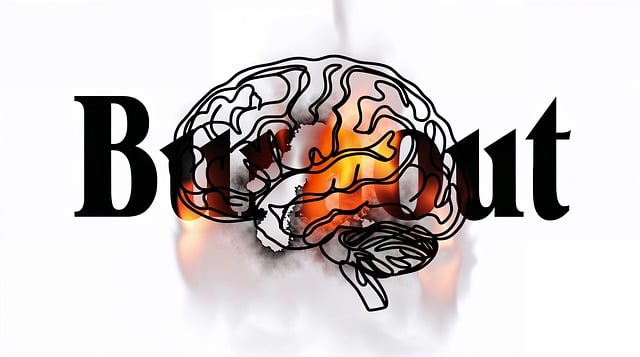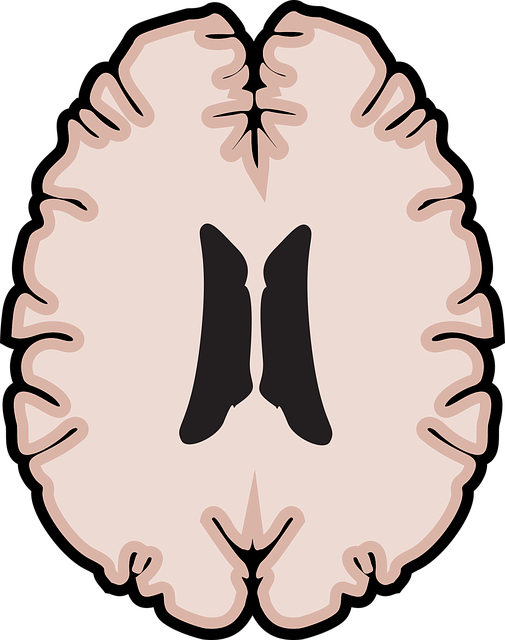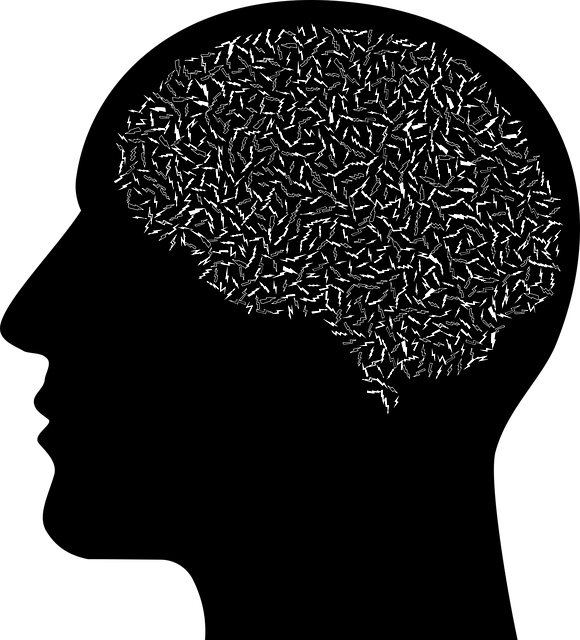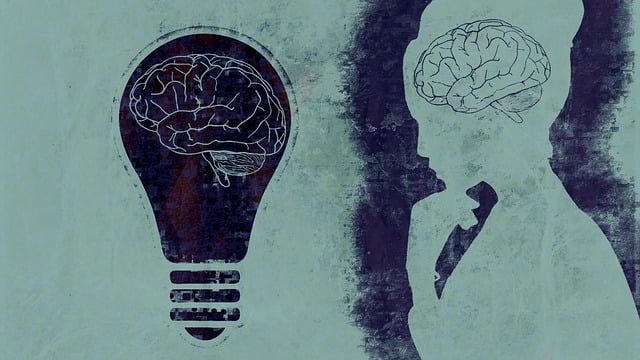Diagnosing mental illness accurately in Colorado Springs is a complex task due to individual variations in symptoms, comorbidities, and physical manifestations of anxiety disorders. The Colorado Springs Stress Management Therapy (CSSMT) offers a revolutionary approach, prioritizing stress management for holistic emotional healing and preventing burnout among therapists. CSSMT combines evidence-based techniques, detailed clinical interviews, open dialogue, and personalized treatment plans to enhance diagnostic insights. Community-driven initiatives, including educational programs, support groups, and Mind Over Matter principles, are transforming mental health support in Colorado Springs, ensuring accurate diagnoses and improved recovery outcomes.
Mental illness diagnosis accuracy is a critical public health concern. Misdiagnosis or late detection can exacerbate conditions, hindering recovery. This article explores efforts to improve diagnostic rigor, focusing on innovative practices like Colorado Springs Stress Management Therapy (CSSMT). We delve into enhanced tools and community-based initiatives that promote awareness and support for accurate diagnoses, ultimately aiming to destigmatize mental health issues and improve patient outcomes. CSSMT serves as a compelling example of an evidence-based approach contributing to these efforts.
- Understanding the Challenges of Mental Illness Diagnosis
- Colorado Springs Stress Management Therapy: An Innovative Approach
- Enhancing Diagnostic Tools and Techniques
- Promoting Community Awareness and Support for Accurate Diagnoses
Understanding the Challenges of Mental Illness Diagnosis

Diagnosing mental illness accurately can be a complex and challenging task due to the multifaceted nature of psychological conditions. Many factors contribute to this complexity, from individual variations in symptoms to the presence of comorbidities. For instance, depression might manifest differently in each person, making it hard to pinpoint without nuanced assessments. Anxiety disorders often present with physical symptoms that can mimic other health issues, adding another layer of difficulty for diagnosis. These nuances require healthcare professionals, especially in bustling settings like Colorado Springs stress management therapy clinics, to employ comprehensive evaluation methods.
Emotional healing processes are integral to effective diagnosis and treatment planning. Risk management planning for mental health professionals is crucial to ensuring accurate assessments while prioritizing self-care practices to prevent burnout. By integrating these approaches, therapists can create a supportive environment that encourages open communication and facilitates more precise mental illness diagnoses.
Colorado Springs Stress Management Therapy: An Innovative Approach

In Colorado Springs, an innovative approach to mental health treatment has emerged—the Colorado Springs Stress Management Therapy (CSSMT). This therapeutic method focuses on empowering individuals to develop resilience and navigate life’s challenges with enhanced emotional coping mechanisms. By combining evidence-based practices, CSSMT integrates various techniques tailored to each client’s unique needs.
The program emphasizes the importance of understanding and managing stress as a cornerstone of overall well-being. Through personalized sessions, participants engage in activities that foster emotional healing processes, enabling them to build resilience against mental health disorders. This holistic approach not only addresses current issues but also equips individuals with tools to prevent future relapses, fostering long-term mental stability and improved quality of life.
Enhancing Diagnostic Tools and Techniques

In recent years, efforts to enhance mental illness diagnosis accuracy have gained significant traction, particularly in areas like Colorado Springs where stress management therapy has seen remarkable growth. One of the primary approaches involves refining diagnostic tools and techniques. Mental health professionals are increasingly utilizing advanced assessment methods, including evidence-based questionnaires and detailed clinical interviews, to gather more nuanced information about patients’ experiences and symptoms. These enhanced tools not only improve diagnostic accuracy but also allow for personalized treatment plans tailored to individual needs.
Furthermore, integrating communication strategies, self-care practices, and conflict resolution techniques into the diagnostic process has proven beneficial. By fostering open dialogue between patients and therapists, these strategies facilitate better understanding and accurate interpretation of symptoms. For instance, teaching individuals effective self-care practices can help them better express their emotional states during therapy sessions, providing therapists with more comprehensive insights for making informed diagnoses.
Promoting Community Awareness and Support for Accurate Diagnoses

In Colorado Springs, efforts to improve mental illness diagnosis accuracy are gaining momentum through community-driven initiatives. One key strategy is promoting awareness and understanding among residents about various mental health conditions. This includes educational programs that highlight the signs and symptoms of common disorders, emphasizing the importance of early intervention. By fostering a culture of open dialogue, individuals are encouraged to seek help without stigma, ensuring they receive proper assessments. Community support groups play a pivotal role in this process by offering a safe space for sharing experiences, reinforcing the value of self-care practices, and advocating for evidence-based treatments.
The Mind Over Matter principles, deeply rooted in Colorado Springs’ therapeutic culture, encourage individuals to take charge of their mental well-being. This involves adopting Self-Care Practices that promote resilience and coping mechanisms. Empathy Building Strategies are also integral to improving diagnosis accuracy by fostering stronger connections between patients and healthcare providers, leading to more nuanced assessments and personalized treatment plans. These collaborative efforts aim to revolutionize mental health support in the community, ensuring accurate diagnoses and enhanced recovery outcomes.
Mental illness diagnosis accuracy has long presented significant challenges, but with innovative approaches like Colorado Springs Stress Management Therapy, enhanced tools, and increased community awareness, we can improve outcomes. By integrating these strategies, we move closer to ensuring accurate diagnoses and effective treatment plans for those in need.












